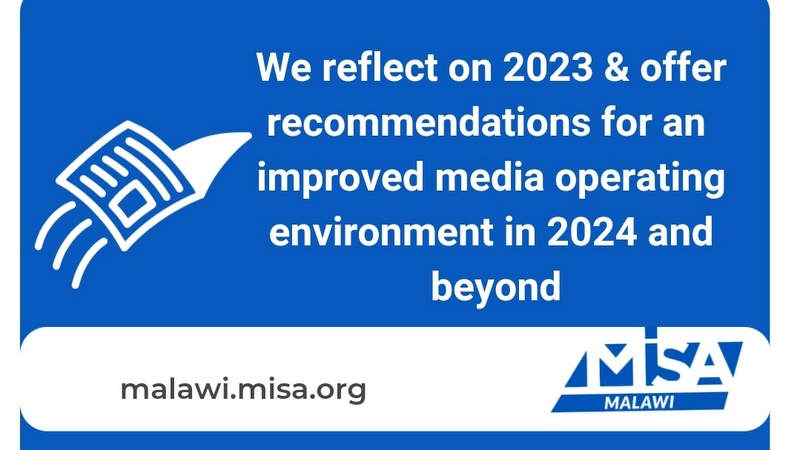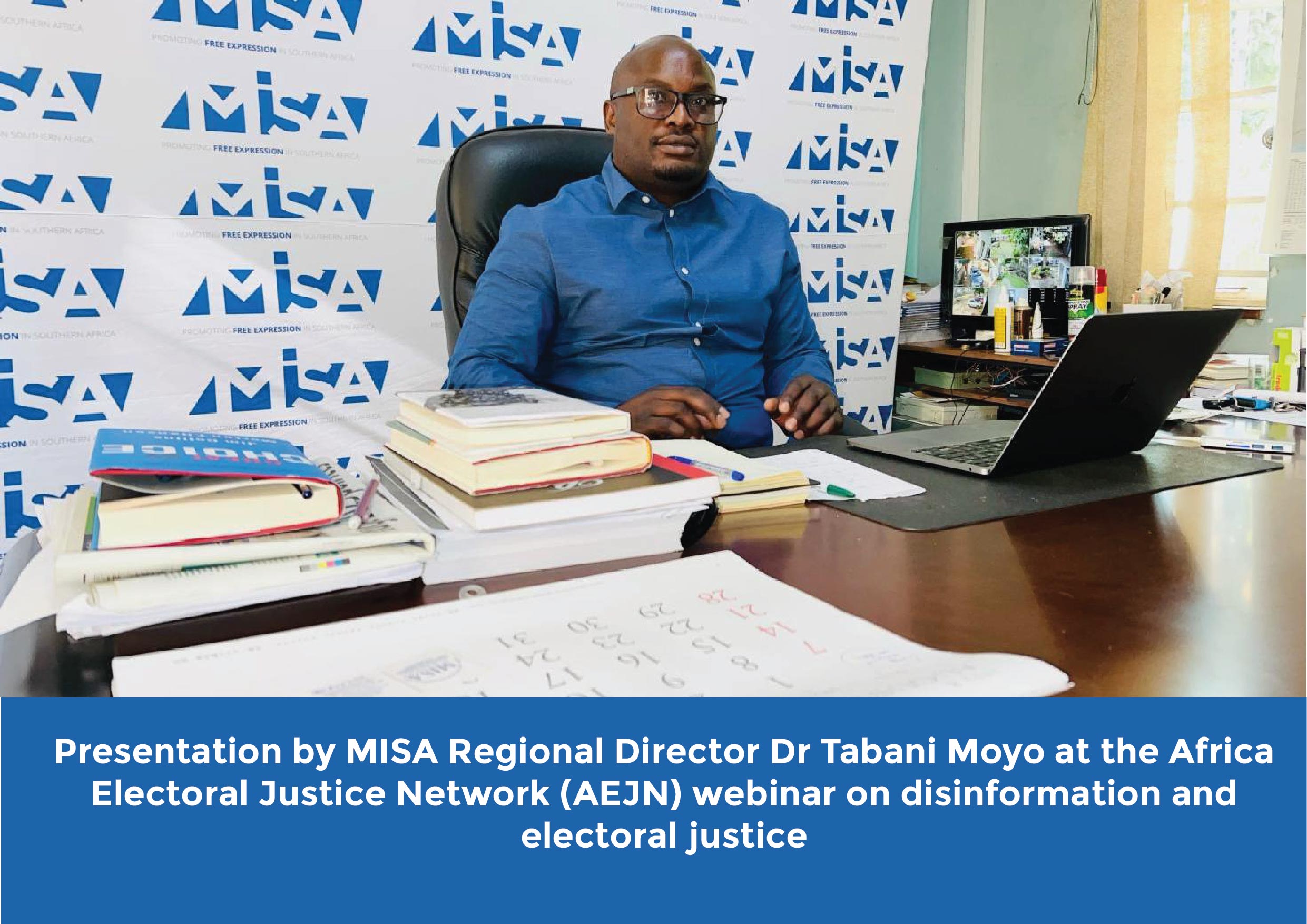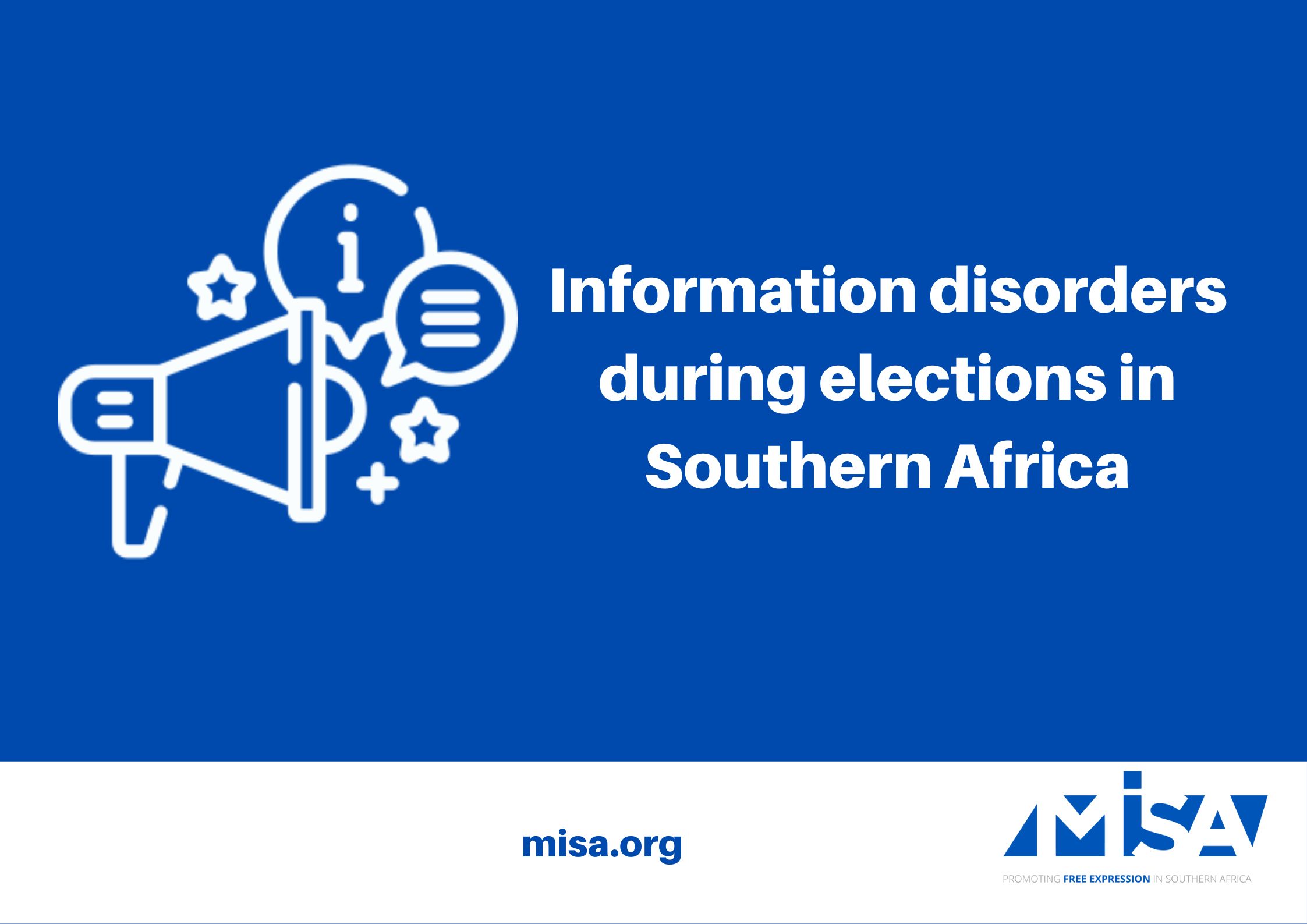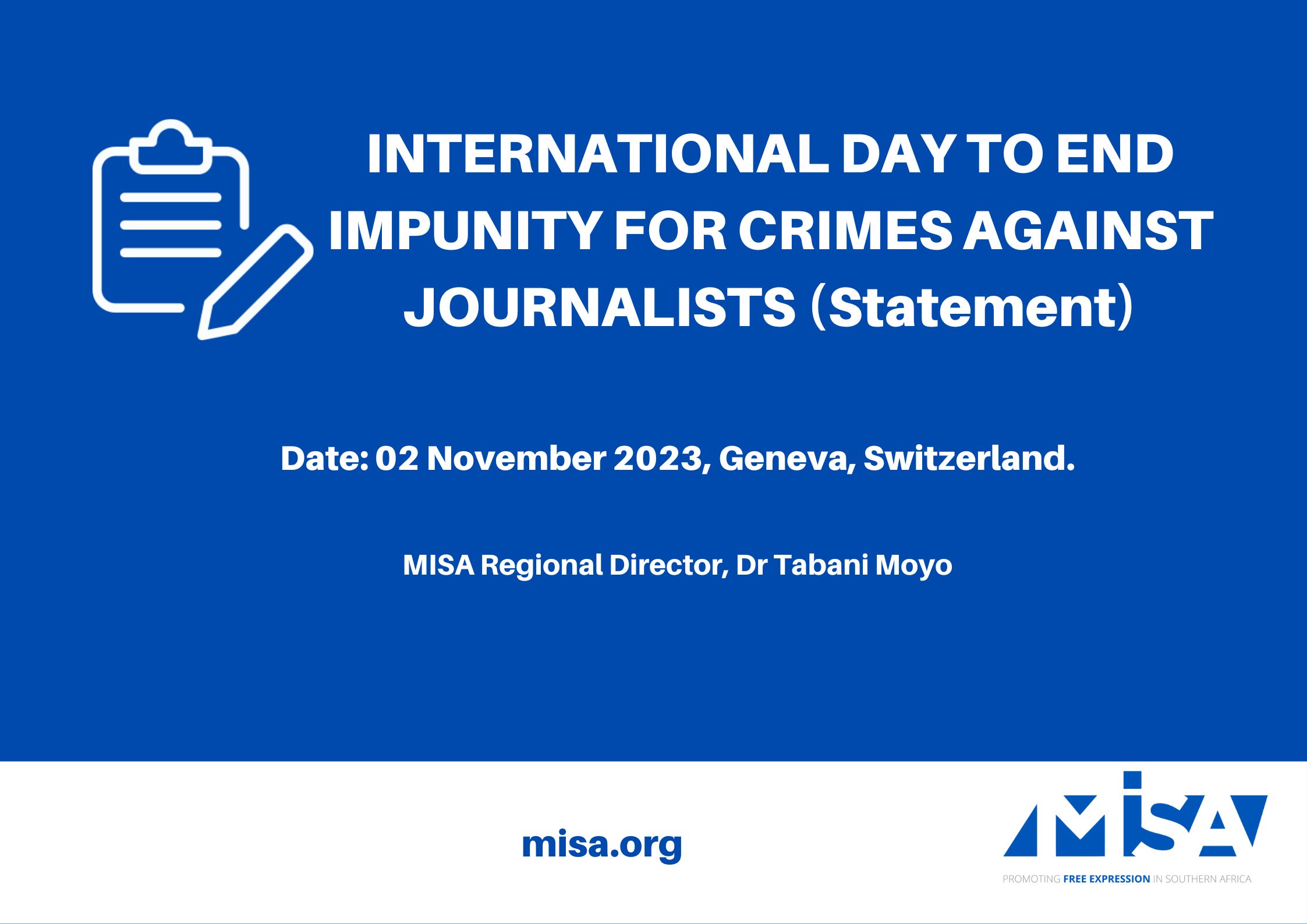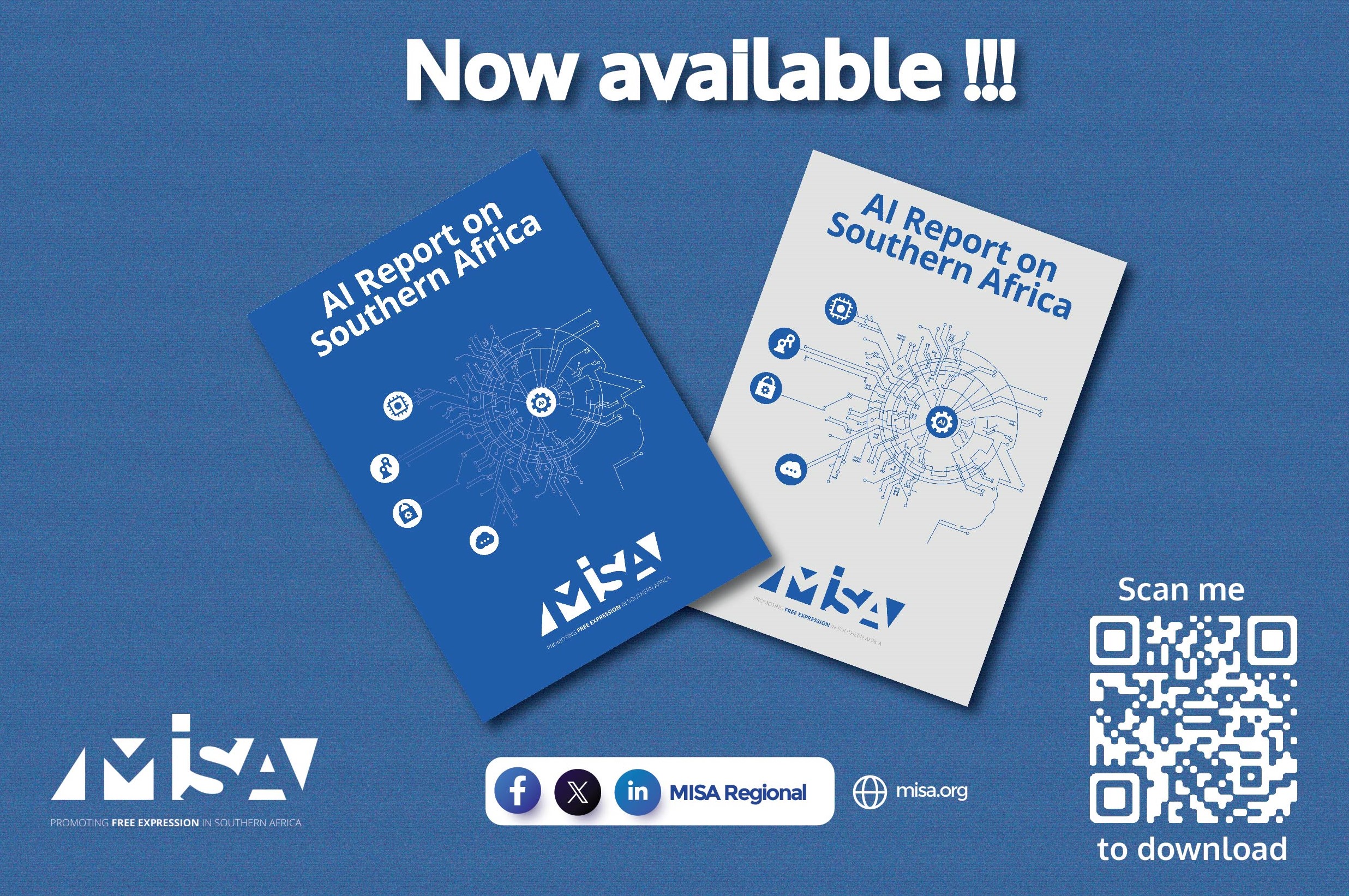Members of Parliament have rejected a proposed law that seeks to regulate online media.
The Daily Times of Friday, November 27, 2015 reports that Minister of Information Tourism and Civic Education, Honorable Jappie Mhango had asked the House to pass the law to, among other things, help Malawi tackle cyber-crime and “impunity” by some online publications.
He argued that when the bill becomes law, publications such as Nyasa Times and Malawi Voice – known as critical online outlets in Malawi, will be made responsible for the content of their stories.
The MPs rejected the bill arguing that it required more consultations with relevant stakeholders.
MISA Malawi recently raised concern that some provisions in the Bill were retrogressive for Malawi and an issue of national concern.
“As an institution that advances press freedom in the country, MISA Malawi believes that some provisions in the Bill are open to abuse and likely to promote extreme self-censorship and fear amongst online users and should be reviewed before it is presented to the National Assembly for debate or enacted.
MISA Malawi cited section 28 (2) (d), (e), (f) and (g) under Part IV – Liability of Online Intermediaries and Content Editors and Protection of Online Users, as some of the sections that require review. The sections state that:
(2) Notwithstanding the provisions of subsection (1), online public communication may be restricted in order to:
(d) promote human dignity and pluralism in the expression of thoughts and opinions;
(e) protect public order and national security;
(f) facilitate technical restrictions to conditional access to online communication and
(g) enhance compliance with the requirements of any other written law.
MISA Malawi stated that the sections above could easily be abused or misused for personal or political interests. The Chapter argued that the sections were broad and failed to provide a framework within which the restrictions would be applied.
MISA also argued that ‘enhance compliance with the requirements of any other written law’ was problematic considering the dozens of archaic laws Malawi maintains in her statutes which are not in line with the country’s democratic Constitution and Malawi’s international human rights obligations.
Malawi has maintained an array of outdated legislation dating back to the colonial era which, among other things, criminalize free speech and negate constitutional guarantees on media freedom and freedom of expression.
MISA Malawi has since welcomed the call for review and more consultations on the bill.
For more information contact MISA Malawi chairperson Thom Khanje on mobile +265 888879 329 or e-mail: thomkhanje@yahoo.com or MISA Malawi National Director Aubrey Chikungwa on mobile +265999327311 or email info@misamalawi.org





